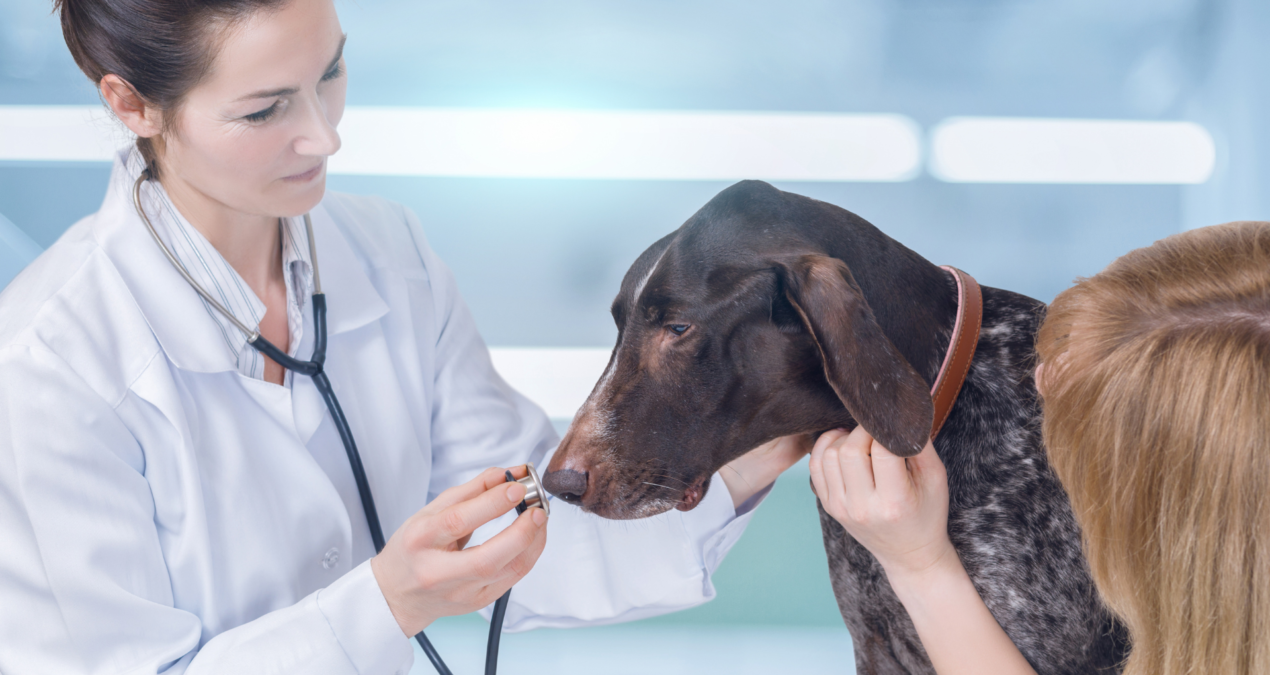Pets can be healthy and essential for some people. They provide companionship, animal therapy, and joy to many. However, certain risks come with owning a pet. This article will explore the dangers and how we can reduce them.
Pets and Allergies
A variety of health risks are associated with owning a pet, and one of the most common is allergies. Many people are allergic to animal dander, which is shed from the skin and hair of animals.
Dander can cause respiratory problems, skin irritation, and other allergic reactions in sensitive individuals. Other common allergens include pet saliva and urine.
If we are considering getting a pet, we must consult our doctor or an allergist to determine if we’re at risk for severe reactions. We can also take several steps to reduce our exposure to allergens, such as grooming our pets regularly and keeping them out of our bedrooms.
Pets and Child Safety
According to the Centers for Disease Control and Prevention (CDC), more than 85 million households in the United States have at least one pet. In addition, nearly half of all American children live in a home with a dog or cat.
While pets can provide companionship and love, it’s essential to be aware of the potential health risks they may pose to children, especially those younger or with weakened immune systems. Pets can carry bacteria and viruses that can make adults and children sick.
For example, salmonella is a common bacteria in reptiles and amphibians that can cause severe diarrhea, vomiting, and fever in young children. Other diseases that pets can transmit to children include rabies, ringworm, toxoplasmosis, and cat scratch disease.
In order to reduce the risk of our child becoming sick from a pet, it’s essential to practice good hygiene habits. This means regularly washing our hands after handling pets or their food/water bowls and cleaning up any pet waste immediately.
It’s also a good idea to keep our pet out of our child’s bedroom and off furniture where kids typically play or sit. Lastly, ensure our child is up-to-date on all their vaccinations before allowing them close contact with a new pet.
What Are the Health Risks of Owning Pets
A few health risks are associated with owning pets, though they are generally low. These include the following:
Allergic Reactions
Some people may be allergic to pet dander, saliva, or other proteins in an animal’s skin or fur. These allergies can cause watery eyes, sneezing, coughing, and difficulty breathing. In severe cases, they can trigger an asthma attack.
Zoonotic Diseases
These are infections that can be passed from animals to humans. Bacteria, viruses, or parasites can cause them. Some common zoonotic diseases include rabies, ringworm, and toxoplasmosis.
Pet-related Injuries
Dogs and cats can sometimes bite or scratch people, leading to infections or other injuries. Children are especially at risk for these injuries since they’re often closer to the ground where pets play and may not understand how to approach them safely.
Overall, the risks of owning a pet are relatively low. However, it’s essential to be aware of them so we can take steps to minimize the chances of any problems occurring soon.
How to Minimize the Risk of Owning Pets
We can do a few things to minimize our risk regarding our pets and health. First, make sure our pet is up-to-date on all their vaccinations. This will help reduce the risk of them contracting any diseases. Secondly, keep them well-groomed and clean.
This includes bathing them regularly and brushing their fur. Third, take them to the vet for regular checkups. This will help catch any health problems early on and treat them before they become serious.
Lastly, give them plenty of exercises and a healthy diet. This will help keep their immune system strong and reduce their chances of becoming overweight or obese, which can lead to health problems.
Staying Safe and Healthy with Pets
There are a variety of health risks associated with owning a pet. These include the risk of contracting zoonotic diseases, being bitten or scratched by an animal, and developing allergies. While these risks should be considered, they should not deter us from enjoying the many benefits of pet ownership.

